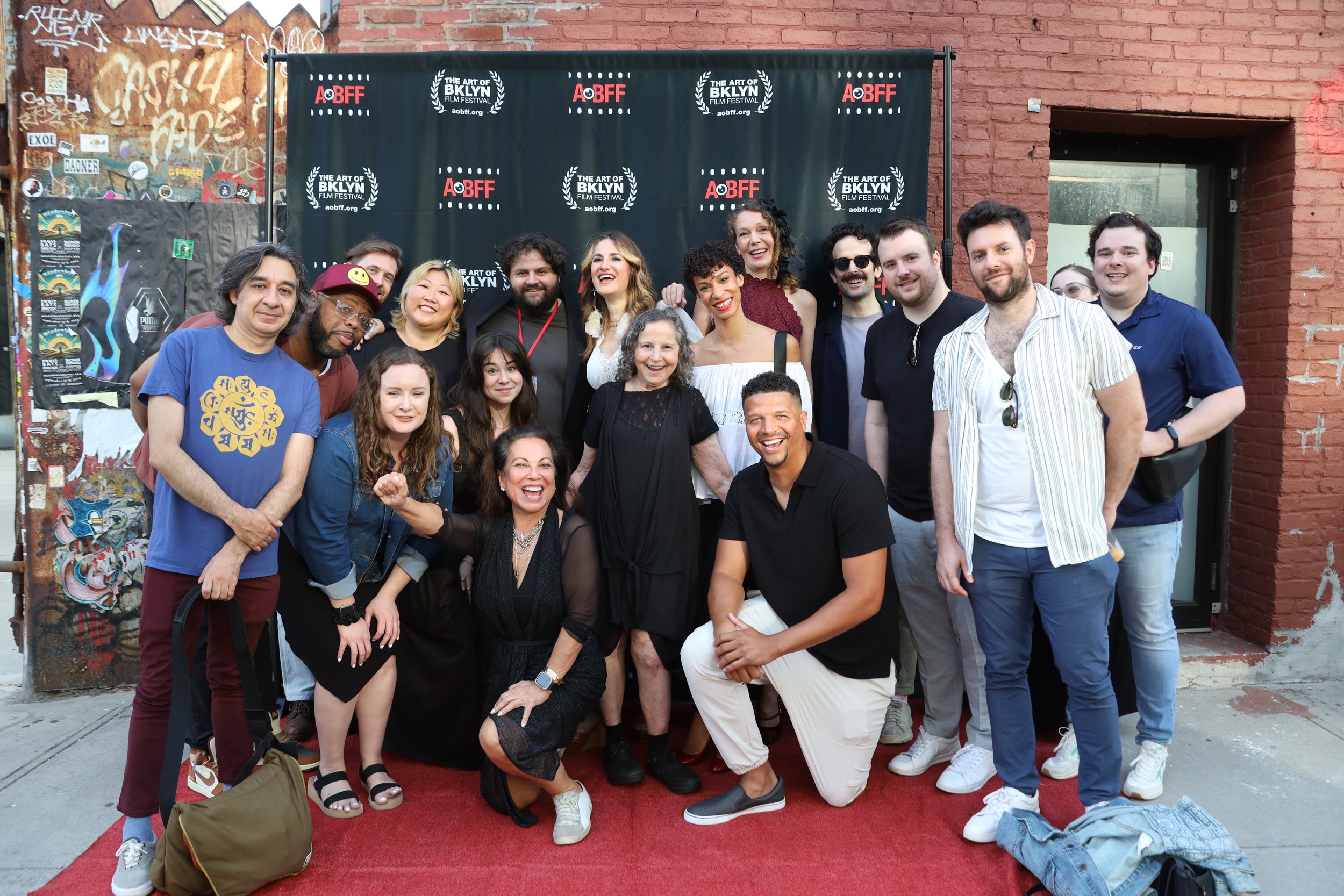Caroline Parker Boyd
Caroline Parker Boyd is an award-winning queer filmmaker and epilepsy advocate from Chicago, Illinois. A graduate of the Columbia University Film MFA Program, she has produced more than 22 short films—many of which never made it to IMDb. Caroline currently serves as Accessibility Coordinator for both the Climate Film Festival and the Diversity and Inclusion Film Festival. In this role, she pre-screens all accepted films for trigger warnings (including sexual assault, drug use, strong language, and photosensitivity), develops clear audience advisories for websites and theaters, and collaborates with on-site photographers to ensure a flash-free environment for attendees.
Although Caroline lives with epilepsy, her storytelling extends far beyond disability narratives. She gravitates toward thrillers, dramas, dramedies, and comedies—genres that allow her to explore a wide range of human experiences.
Something from the heart:
Honestly, I write better in the first person. Biographies are overrated anyway. I do love all genres, but what I really care about is a unique script. Storytelling is about creating content that draws the audience in. It makes them care about the characters. A viewer may have chosen to watch a movie or show for the genre, but they are drawn in by great writing, and that comes with great responsibility.
You can pitch a blockbuster, spend hundreds of millions of dollars on it, and hope you make your money back. And after the age of Marvel seems to have ended, that isn't likely anymore. Or you could take a chance on a television show or small indie film (I mean look at the success of Everything, Everywhere All At Once), and reap the benefits. Filmmakers want to make good content, they just need to be given that chance.
While I don't have many feature projects under my belt, I care about a good script, and I want to work with a writer and director to make it a great one. Script analysis prior to pre-production and production is essential, and those filmmakers who don't focus on that essential part of the process regret it later. The term "fix it in post," doesn't work for everything. At the end of the day, we all want to tell amazing stories. It's just rare when we're given the chance to do it.
- IMDb Mini Biography By: Caroline Parker Boyd








